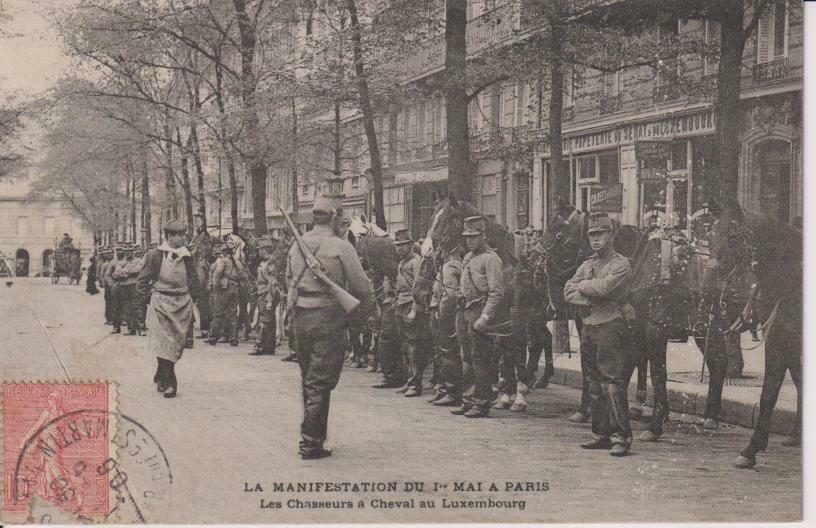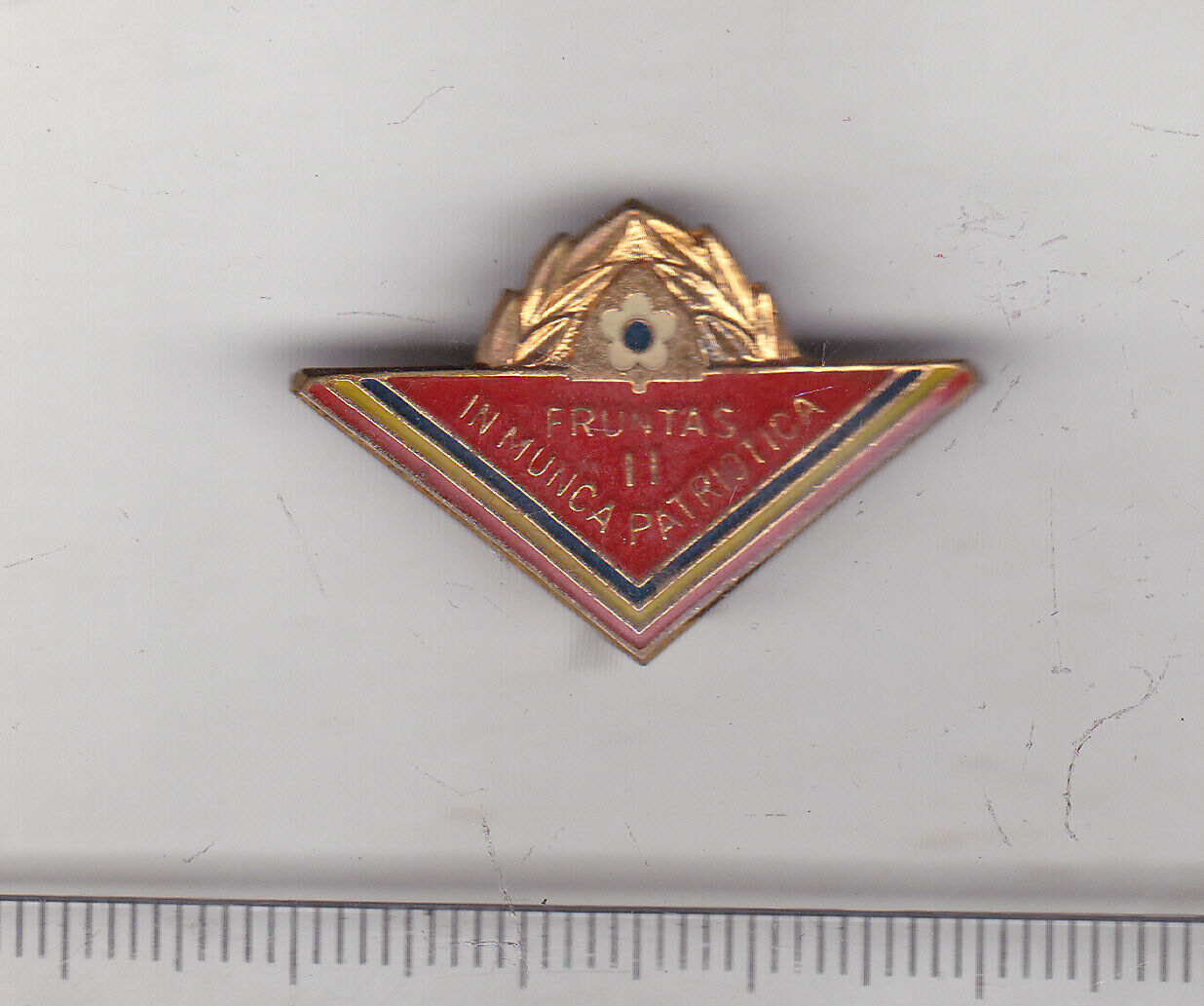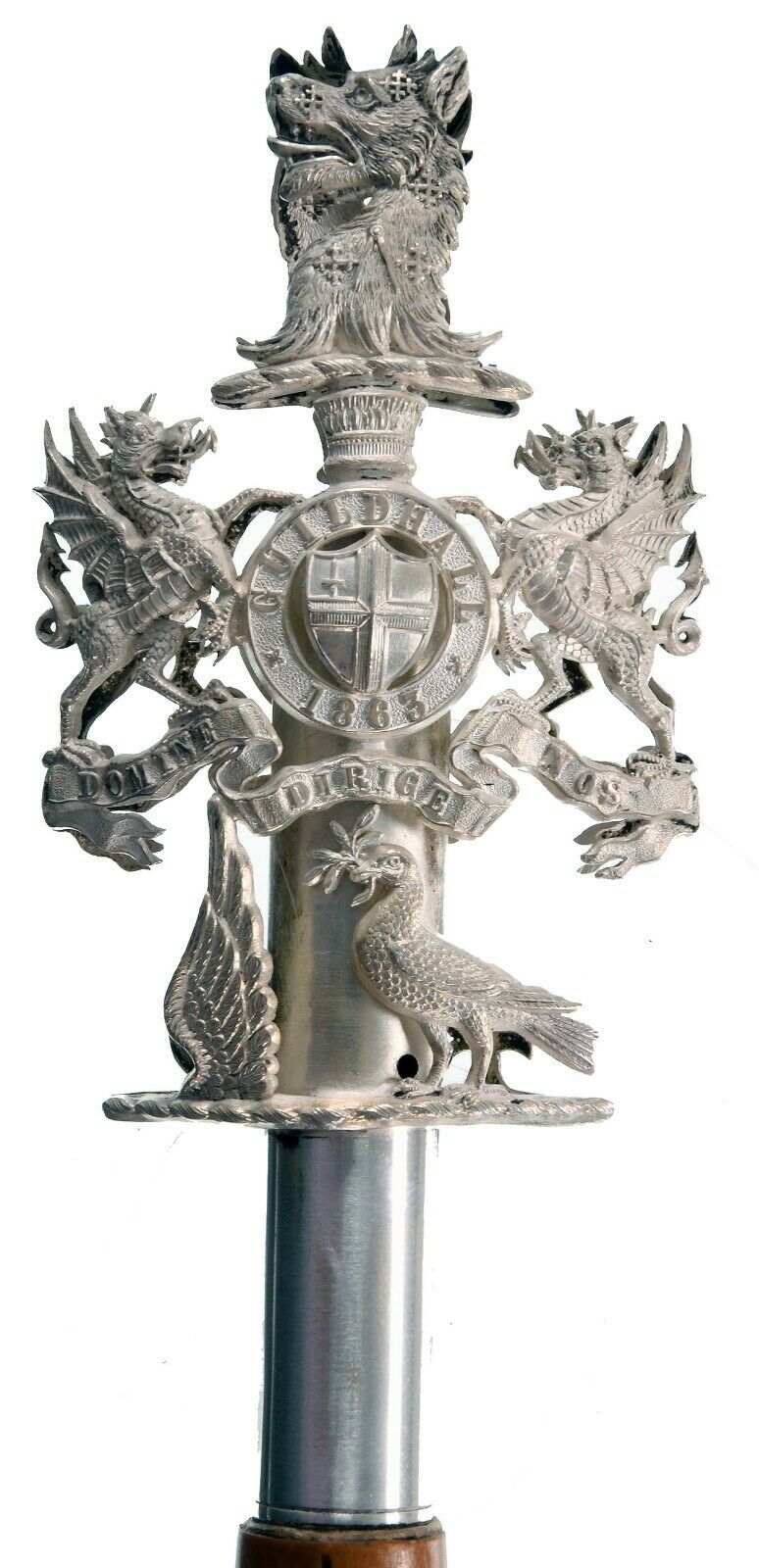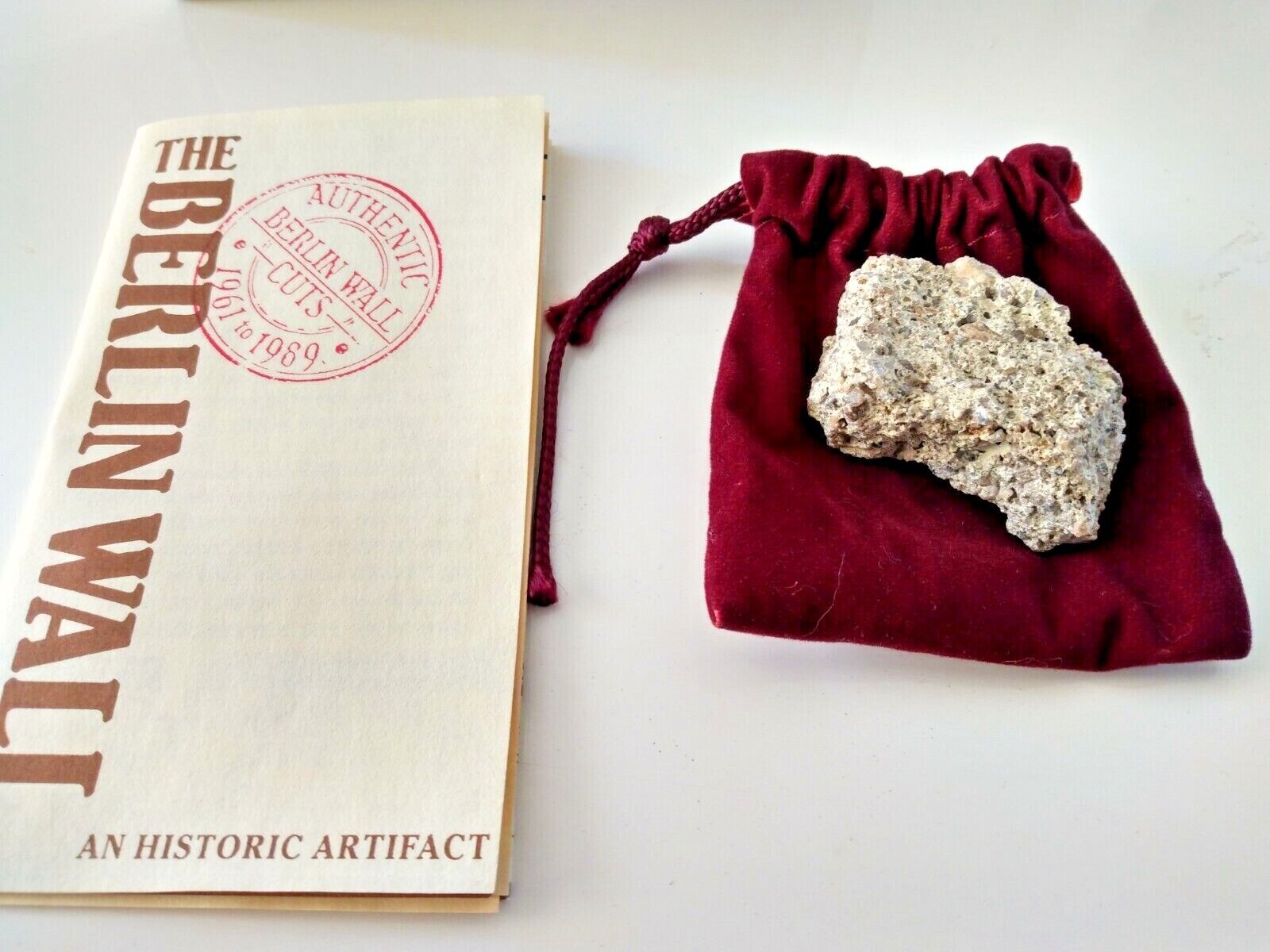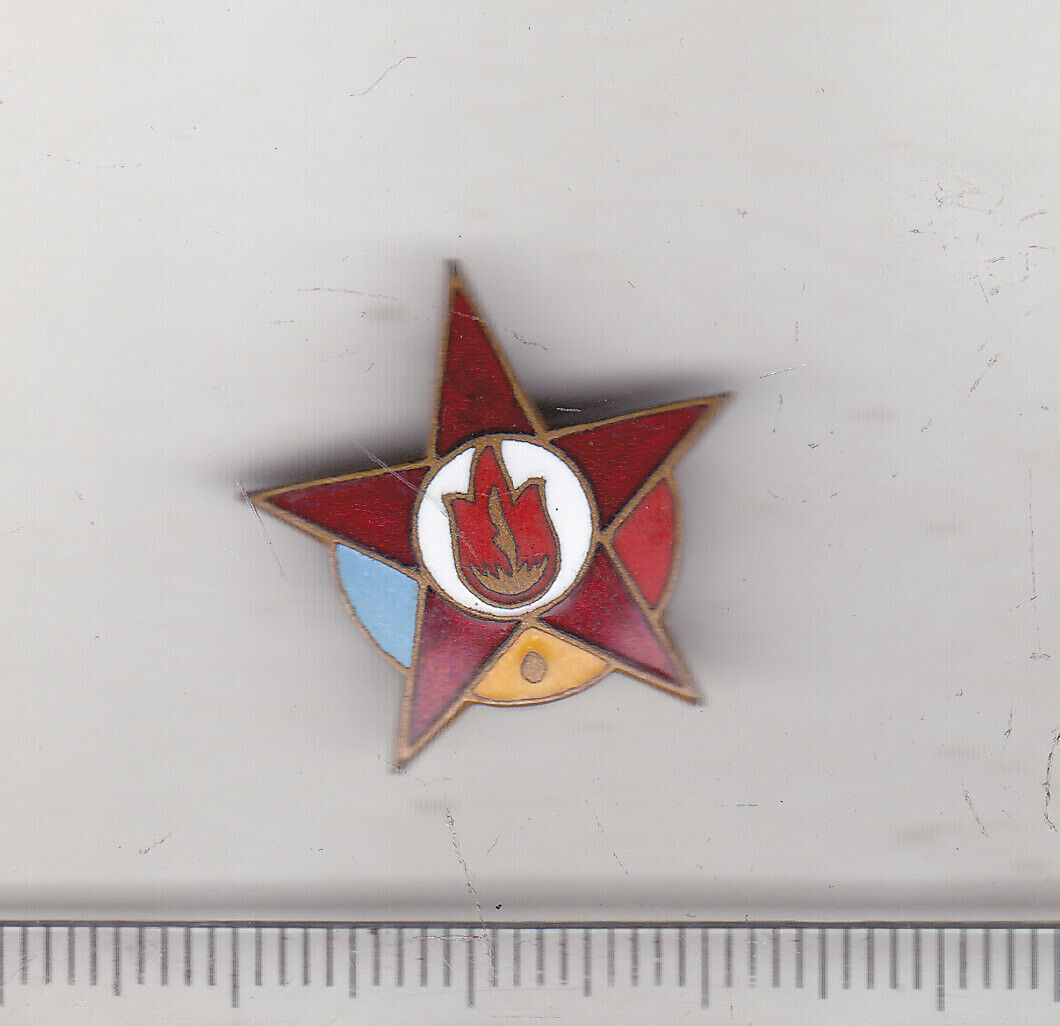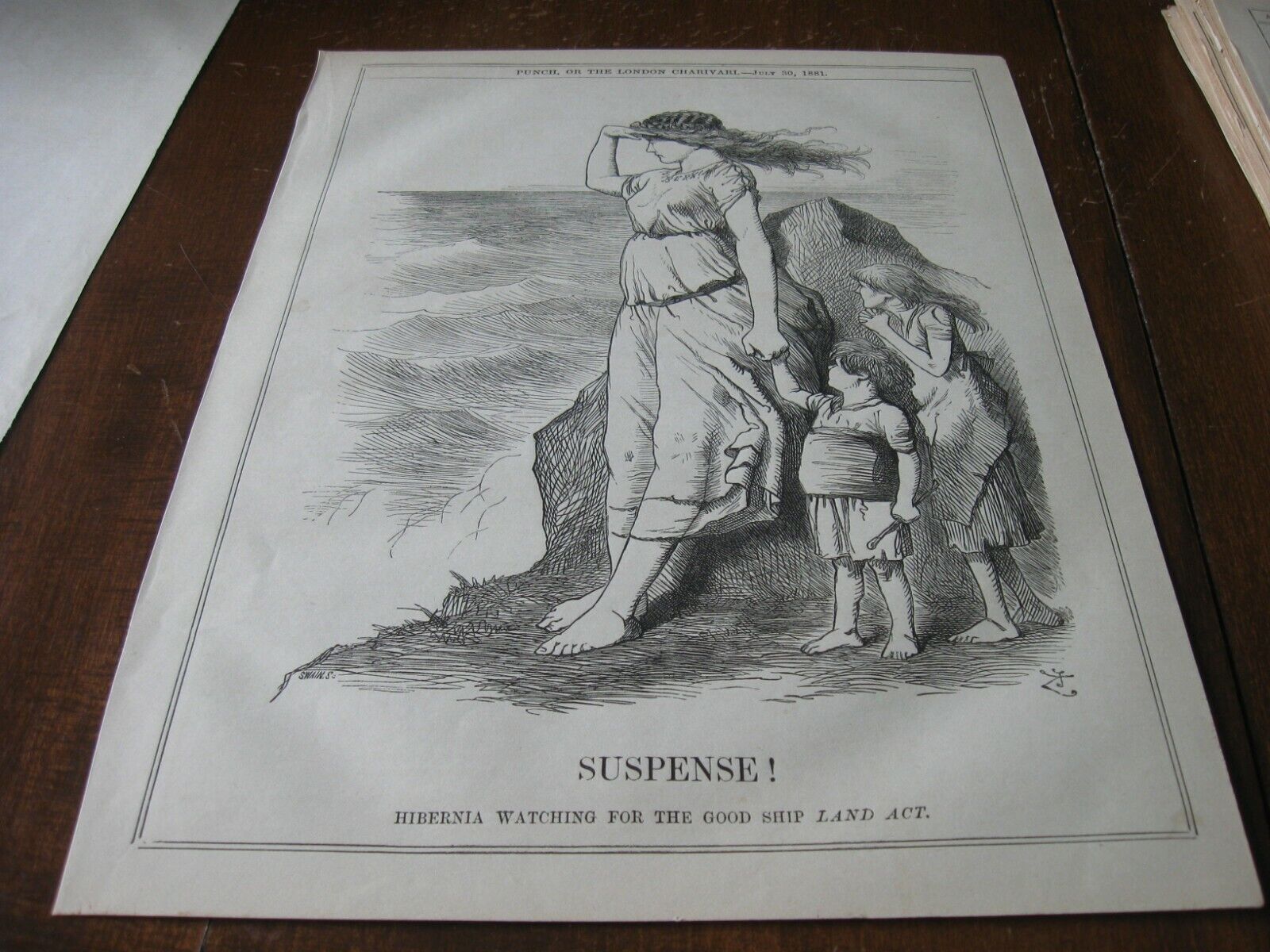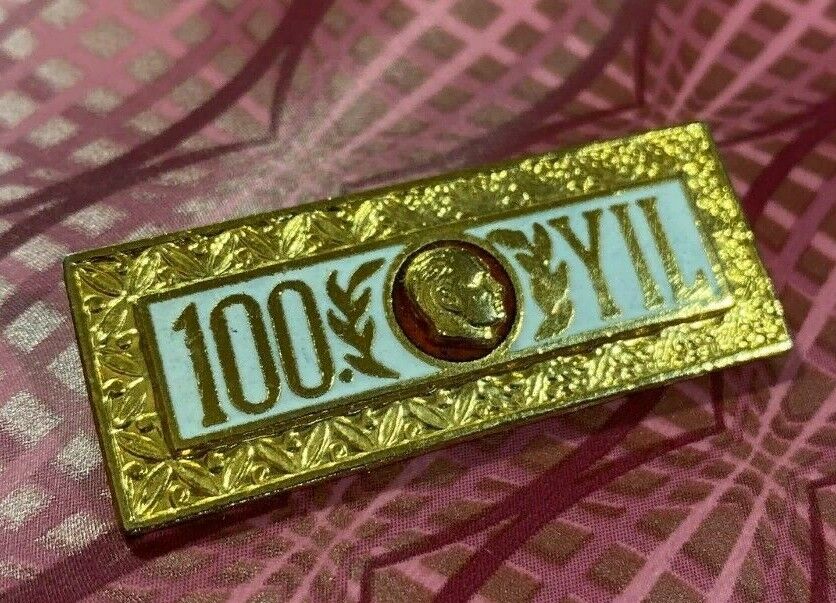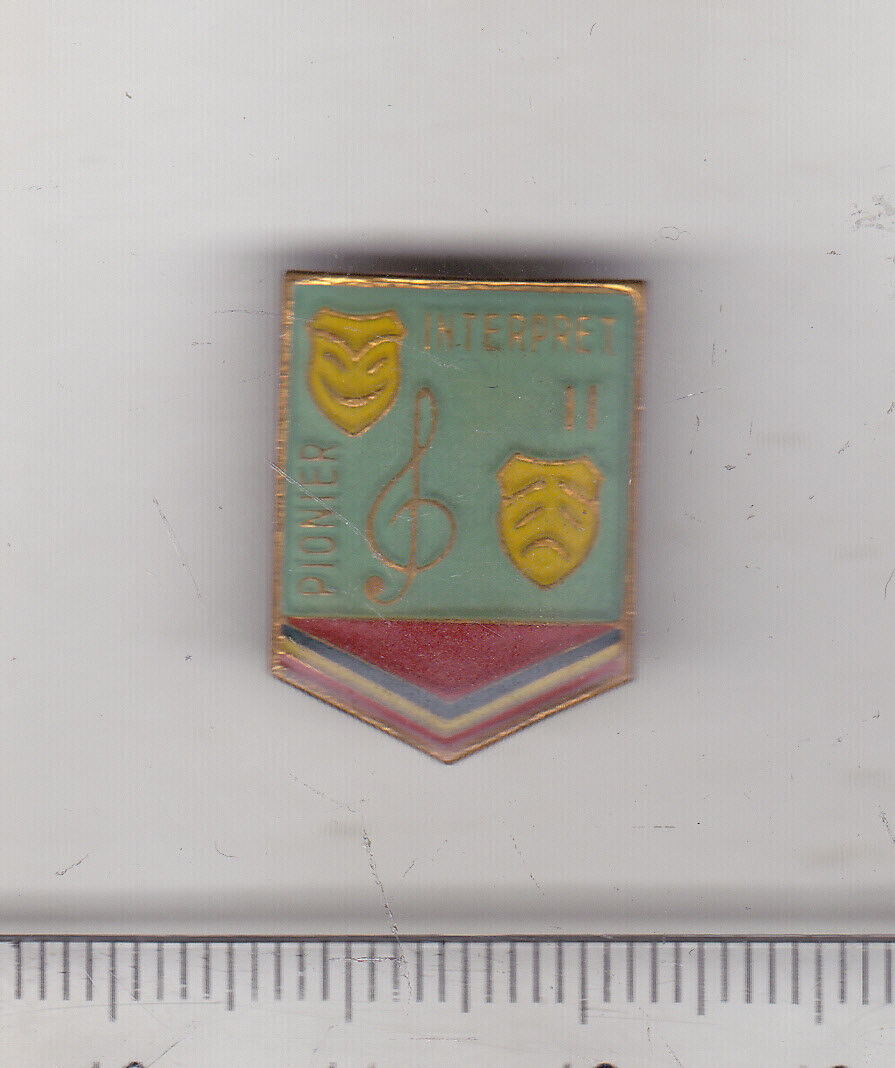-40%
WWI French Poster “FRANCAIS souscrivez au DEUXIEME EMPRUNT...” BERNARD NAUDIN
$ 150.47
- Description
- Size Guide
Description
WWI French ORIGINAL Poster"FRANCAIS souscrivez au DEUXIEME EMPRUNT DE LA DEFENSE NATIONALE ..."
Poster by
BERNARD NAUDIN, 1916
Huge, 31” x 47”
The stunning chromolithography in
RED
and
BLACK
on
BUFF
paper was done by the
“CRETE IMPRIMERIE, PARIS”
i
n
1916.
This
RARE
ORIGINAL
is a
NEAR MINT++++
example! This poster is found in many of the major world collections of
Great War
posters.
Text type is 1 3/8” and 1” in height and reads,
“FRANCAIS
souscrivez au
DEUXIEME EMPRUNT
DE LA
DEFENSE NATIONALE
vous haterez la Victories
et vous aurez
fait votre devoir envers la
PATRIE”
Translation
: “French citizens - contribute to the 2nd loan for the National Defense. You will expedite victory and you will have done your duty for the country.”
Archival restoration work was done on this by a professional conservator here in Little Rock who formerly was with the
Library of Congress.
It has been
de-acidified
.
Colors are bright and unfaded
.
No stains. The minor edge tears were professionally repaired according to conservation/restoration standards
.
NOTE:
The poster has been photographed in its removable
MYLAR
storage sleeve. It is not affixed to any backing. It will be shipped, carefully rolled, in a hard mailing tube.
*****
The
main image
occupies the upper half, with the title and text placed below in banner form. Three smaller images surround the text.
The
Text
is surmounted by four loosely drawn unfurled
French Tricolores
, with Campaign Streamers affixed. The words ‘
HONNEUR ET PATRIE
’ (
Honor and Country
) appear on each of the fringed
Tricolores
.
The
smaller images
include...
- Flanking trophies of French arms: Bundled Cavalry Pikes secured with ribbon, adorned with Laurel and Olive wreaths, M15 Helmets (Casques Adrian), M1886 Lebel Bayonets, Swords and Sabers of the French Infantry and Cavalry.
- French rural landscape — a bucolic scene of cultivated fields. haystacks amid thatched-roof cottages, a hamlet with its steepled church, and a radiant sunrise as a backdrop!
The scene exemplifies all that was at stake!
*****
Time-frame of the
DEUXIEME
EMPRUNT
(
SECOND
LOAN
) and the fighting on the
Western Front:
The poster calls upon citizens to subscribe to the latest war loan as a way to achieve victory. As in all belligerent countries, France relied heavily on the willingness of citizens to lend money to the government by buying war bonds. France issued
four
national defense loans during the course of the war, thereby raising its national debt from 32.8 billion francs in 1914 to 171.4 billion francs by the end of 1918. By late 1917–early 1918, the French population was increasingly war-weary and impoverished, so that higher interest rates as well as extensive public relations campaigns were needed to sell government bonds.
This hyper-patriotic poster was released concurrent with the offering of the
DEUXIEME
EMPRUNT
(
SECOND
LOAN
) in 1916 ...and the horrific fighting of the
Somme
and
the bloodletting at
Verdun
!
-
Battle of the Somme,
(July 1 - November 18, 1916) One of the bloodiest conflicts of World
War
One. For more than four months the British and French armies engaged the Germans in a brutal
battle
of attrition on a 15-mile front. The aim was to relieve the French army fighting at Verdun and to weaken the German army. By the time the
Battle of the Somme
(often referred to as First Battle of the Somme) ended nearly five months later more than 3 million soldiers had fought there and casualties topped 1 million!
-
Battle of Verdun
, (February 21–December 18, 1916), World
War
I engagement in which the French repulsed a major German offensive. It was one of the longest, bloodiest, and most-ferocious
battles
of the
war
; French casualties amounted to about 400,000, German ones to about 350,000. Some 300,000 were killed.
*****
BERNARD NAUDIN:
Bernard Étienne Hubert Naudin
(11 November 1876, Châteauroux - 7 March 1946, Paris) was a French painter, designer, caricaturist, and engraver.
He was born into a family of watchmakers and antique dealers. His father, who died in 1890, was also a painter and designer, and served as his first teacher. In 1891, he created his first illustration (a 17th century bagpiper) for Jean Baffier, the publisher of a literary revue called
Le Réveil de la Gaule
. The following year, he published his first collection, composed of scenes from the province of Berry.
In 1893, he moved to Paris and gave guitar lessons to pay for his studies at the
Académie Colarossi
, where he would later become a teacher. In 1897, he was able to obtain a scholarship from the city of Châteauroux, that enabled him to study at the
École
des
beaux-arts de Paris
with Léon Bonnat. His first exhibition was at the
Salon des Indépendants
. Soon, he was able to divide his time between a workshop in Paris and his hometown.
After 1906, he gave up painting to devote himself exclusively to drawing and printmaking; especially etching. His first large project involved illustrations for Peter Schlemihl (known in France as “
The Man Who Lost His Shadow”
), by Adalbert von Chamisso. He also contributed to revues, such as
Le Cri de Paris
. Most notably, he provided drawings and caricatures for the satirical journal
L'Assiette au Beurre (The Butter Plate,
equivalent to "pork barrel" in English). From 1909, he created several special issues; on war, homelessness, childhood abuse, and prisons.
In 1910, at the request of Georges Peignot, he designed and engraved a new type font, that was produced by the
Deberny
&
Peignot
foundry in 1911 and 1924. He organized his first personal exhibition of drawings and engravings at the
Pavillon de Marsan
in 1912. Two years later, at the beginning of World War I, he was drafted to be an infantry sergeant and became a war illustrator; depicting life in the trenches. His frontline work earned him a knighthood in the
Legion of Honor
.












